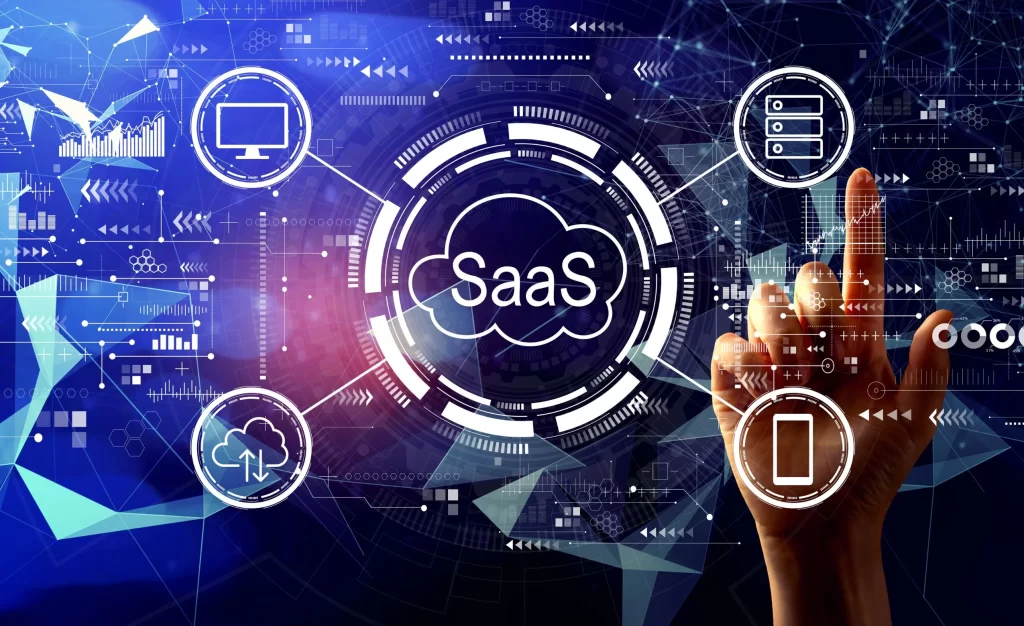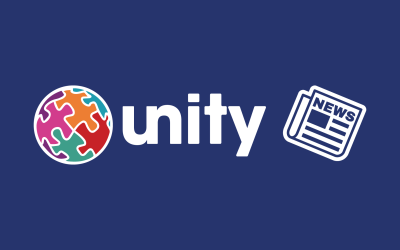Demystifying SaaS: What every business needs to know

In today’s fast-paced digital landscape, Software as a Service (SaaS) has become a ubiquitous term in the business world. However, many businesses still grapple with understanding the ins and outs of SaaS solutions. In this blog post, we aim to demystify SaaS by shedding light on its benefits, challenges, and key considerations for adoption.
Benefits of SaaS:
Cost-Efficiency: One of the most significant advantages of SaaS is its cost-efficiency. Instead of investing in costly hardware and software licenses, businesses can subscribe to SaaS services on a pay-as-you-go basis. This eliminates upfront capital expenses and reduces the total cost of ownership.
Accessibility: SaaS solutions are typically cloud-based, enabling employees to access them from anywhere with an internet connection. This flexibility promotes remote work and collaboration.
Automatic Updates: SaaS providers handle software updates, maintenance, and security patches. This ensures that businesses always have access to the latest features and remain protected against emerging threats without the hassle of manual updates. Its one less headache for a business to worry about
Scalability: SaaS solutions can easily scale with your business. You can adjust the number of users or services you need, making it ideal for both startups and established enterprises.
Challenges of SaaS:
Downtime: Although SaaS providers strive for high availability, downtime can still occur due to maintenance or unforeseen issues. Businesses should have contingency plans to mitigate the impact of such events.
Data Ownership: Clarifying data ownership and portability is essential. Some SaaS agreements may have limitations on data retrieval or may retain data even after the subscription ends. Ensure you understand these terms before signing up.
Silo Environment: a SaaS solution will deal with a specific area or set of processes in a business so typically they won’t cover all the processes a business has. As a result this can lead to data existing in multiple smaller systems and joining them together can cause issues due to a lack of integration.
Lack of process flexibility: With a SaaS solution the process of how the software works is defined for you so your business will need to fit into that process. This can result in large process changes and in some circumstances, it will not be possible for the business to change to fit into this pre-defined workflow. With SaaS solution’s you will have no say in getting this process changed to fit your business.
Considerations for Adoption:
Assess Your Needs: Start by identifying your specific business needs. Not all SaaS solutions are created equal, so choose the ones that align with your goals and objectives.
Data Security: Prioritise data security. Understand how your data will be stored, encrypted, and protected.
Total Cost of Ownership (TCO): While SaaS can be cost-effective in the short term, evaluate the long-term TCO, including subscription fees – how long are you going to have this system in place? If it’s going to be a long term solution you may be better served building Custom Software, will you need to additional costs for enhanced support? You also may require additional integration expenses.
Training and Adoption: Plan for user training and adoption. Ensure your team is well-prepared to make the most of the new SaaS tools. Consider what resources/ tools the SaaS supplier has available and is there any additional support available (if required).
Exit Strategy: Consider what happens if you decide to switch vendors or move away from SaaS. Ensure you have a plan for data migration.
In conclusion, SaaS solutions offer numerous potential benefits, including cost savings, accessibility, automatic updates, scalability and reduced IT burden. However, businesses should also be aware of integration challenges, siloed data and data ownership issues.
Carefully assessing your needs and choosing the right vendors can enable you to leverage SaaS to streamline operations and stay competitive in today’s digital landscape. SaaS may indeed be a game-changer, but it’s essential to demystify it and make informed decisions for your business.
Want to learn more about unity AI software?
Other Articles & Blogs
The Hidden Complexities Behind a Seamless Software Explained
The Hidden Complexities Behind a Seamless Software ExplainedIn today’s digital first economy, we expect business software to feel as smooth and simple as the apps we use every day. Whether it’s a customer portal, supply chain dashboard, or CRM systems, the goal is...
The True Cost of IT Downtime for UK SMEs
UK SMEs lose up to 2 working days and £7,500 per year due to unplanned IT downtime — a hidden drain on productivity, morale, and revenue. This article explores the true financial and operational costs of downtime, key causes like outdated hardware and cybersecurity threats, and why a proactive IT strategy is essential for business continuity. Unity World helps SMEs stay ahead with preventative solutions and expert support tailored to their growth.
Unity News & Events
Unity News & Events: Building Stronger Connections One Conversation at a Time Out and About in the North EastIt’s been a big season for connection-building at Unity! Michael Long’s been out meeting local businesses, listening to challenges, and exploring how we...



